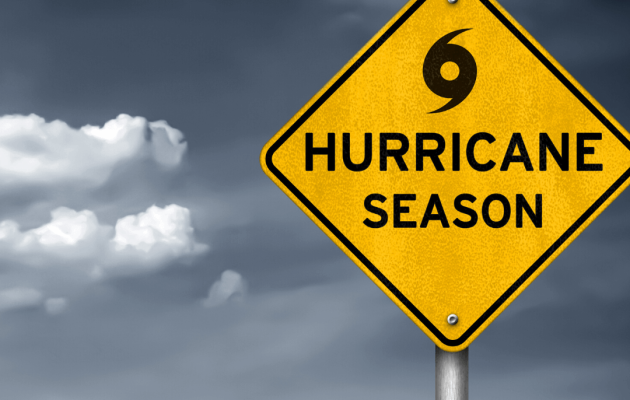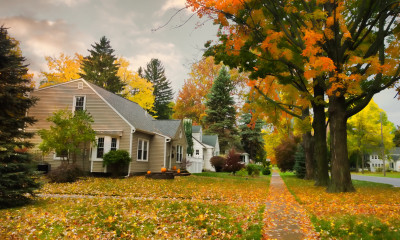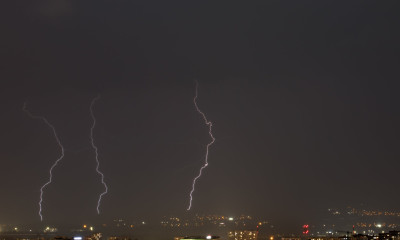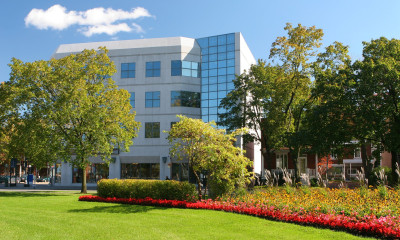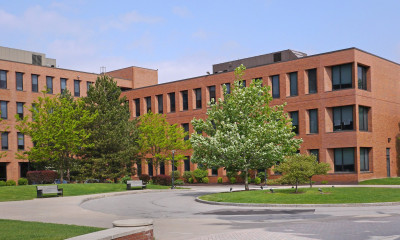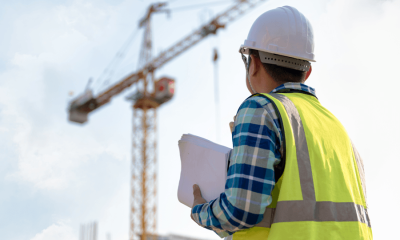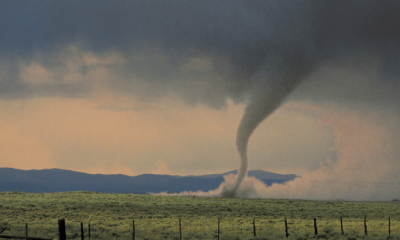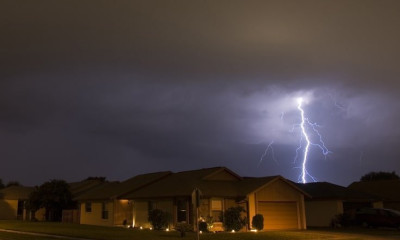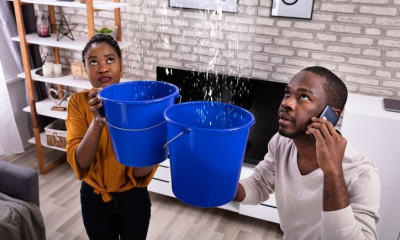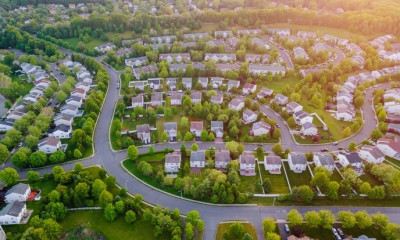What Mistakes Do Businesses Make When Handling Hurricane Insurance Claims?
Hurricanes can pack a powerful punch producing wind speeds over 74 miles per hour according to the National Weather Service’s National Hurricane Center.
“The fact is that many offices, hotels, shopping centers and other commercial properties may be leveled or flooded by a hurricane and repairing this damage could be costly,” said Steve Vanuga, Principal at Adjusters International/Basloe, Levin & Cuccaro, which handles claims throughout the North East. “Business owners who truly understand their insurance policies know that these claims can be especially challenging because of the many exclusions and coverage issues that come into play.”
In order to help those commercial policyholders who are busy protecting their properties from the coming storm, we put together some common mistakes that business owners make when filing hurricane insurance claims:
1.) They don’t understand that hurricanes can cause both wind and water damage
Hurricanes frequently tear roofs off of buildings and shatter doors and windows, opening the structure up to wind and water damage. Wind damage can cause both obvious and hidden damages. Identifying the impact of the high winds or direct impact of a hurricane on the structural integrity of a building is complicated and often leads to significant disputes between property owners and insurance companies on how to properly repair a building.
Water damage, resulting from heavy rain entering openings created by the wind can also create challenges. For example; identifying what building materials can be properly dried out versus what building materials must be replaced. And, if the storm brings flooding with it, the water damage from flooding is a completely different peril which must be claimed separately, if covered at all.
2.) They forget to claim outdoor damage from flying debris
Due to the high wind speeds that these violent cyclones bring, anything on your property that is not tied or cemented down can be blown away and can cause significant damage to your building’s exterior, to your parking lot and to any outdoor facilities.
For instance, country clubs may lose their golf carts if not properly stored, manufacturing and construction operations may have their vehicles and equipment damaged and hotels may lose their outdoor dining and recreation areas.
You could also be hit with claims from neighboring businesses or residents if items from your property blow onto their properties, breaking glass or knocking down trees. All of this outdoor damage will need to be documented and proven in your property insurance claim.
3.) They don’t understand that exclusions may apply
When it comes to hurricanes, several exclusions may come into play. Some policies may have mold exclusions, meaning that they will not pay to remove any mold that grows as a result of this tornado. Code upgrade coverage is another example. If you don’t have code upgrade coverage, then your insurance company will only pay to get your house back to the state it was in before the hurricane hit but they will not pay the additional costs to meet the codes upgrades required by local regulators.
Roof replacement is another. If your roof was older than 20 years at the time of hurricane, the insurance company may take an excessive amount of depreciation. While most replacement costs policies will allow you to recover the depreciation when the roof is replaced, recent endorsements drafted by the Insurance Services Office (ISO) allow carriers to only pay actual cash value on roofs over 20 years old. And, the ISO has also created an endorsement that excludes cosmetic damage from wind and hail, which limits the coverage to areas directly impacted thus excluding the cost to match shingles on undamaged portions of a roof.
How Public Adjusters can Help
According to Vanuga, one of the best ways to avoid these costly mistakes is to hire a specialist to manage your claim. "Business owners need to know that they have a right to have an insurance expert by their side during the claims process. Licensed public adjusters know the ins and outs of commercial properties since they deal with them every day. They can handle all of the tedious details so that you can go back to helping your clients. Don’t be afraid to ask for help."

